10 Best Souvenirs from Japan – Ultimate Shopping Guide

Going souvenir shopping in Japan is like exploring a vast sea of culture and tradition. You can find yourself walking through Tokyo’s lively markets or Kyoto’s calm gardens in search of perfect Japanese mementos. Whether you love the beauty of hand-made artifacts or the charm of modern pop culture, this guide will help you find those special souvenirs. It promises to make your collection of keepsakes reflect the incredible journey you had in Japan’s vibrant soul.

Key Takeaways
- Explore over 200 tantalizing KitKat flavors, a unique Japanese souvenir found specifically in Don Quijote stores across Tokyo and Osaka.
- Savor the essence of Japan by indulging in the country’s most famous drink, sake, embodying tradition and taste.
- Experience the joy of Nintendo and Pokemon with an array of exclusive merchandise and plushies, from Shibuya to Skytree.
- Collect exclusive musical memorabilia from Tower Records, where Japanese versions of albums often come with extra tracks.
- Immerse in the whimsy of gachapon machines scattered throughout Japan, each tiny capsule holding a surprise keepsake.
- Send a message to the gods with ema wooden prayer plaques, rich in tradition and found at shrines all over Japan.
- Take home the symbolism of luck and prosperity with intricately inscribed rice paddles from Miyajima island.
Capture the Essence of Tradition: Cultural Keepsakes
Discover Japan’s rich culture with keepsakes that capture traditional artistry. These aren’t just items; they’re timeless memories. From samurai swords to tea ceremonies and kimonos, they link us to history. Each piece shows the unmatched skill of Japanese craftspeople.
The Lasting Legacy of Samurai Swords
Samurai swords, or katanas, are a key part of Japanese heritage. They show centuries of culture and martial arts philosophy. These swords are known for their sharpness and strength. They carry the spirit of samurai. Crafted with care over generations, each katana is a work of art. Choosing one means appreciating its history and the craftsmanship behind it.
Each sword is a mark of beauty and utility. Every blade has its own story. It reflects the precise techniques that make it stand out. To collectors, it’s not just a weapon; it’s a cultural treasure.
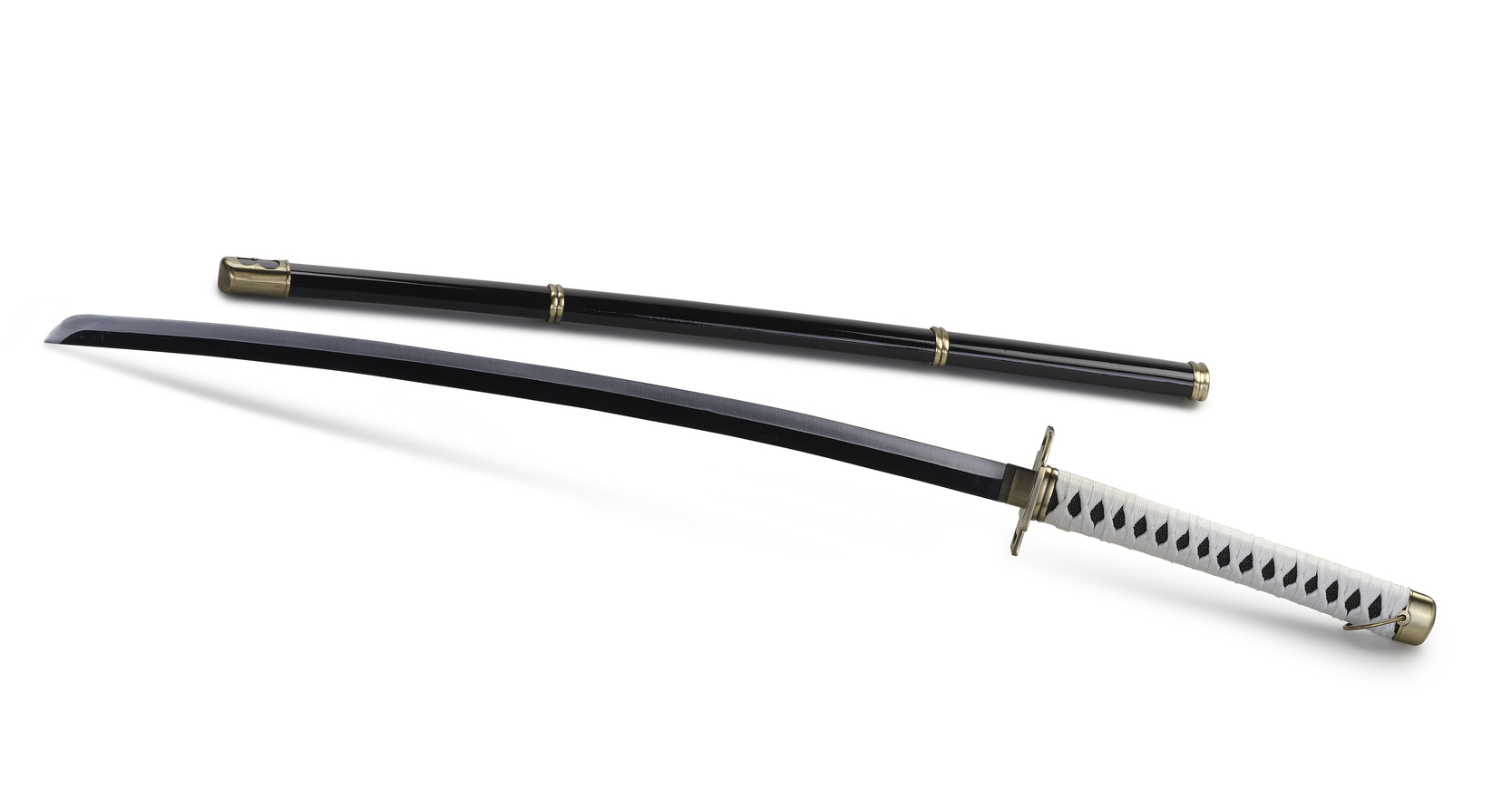
Tea Ceremony Sets: Brewing Tradition
The Japanese tea ceremony is a blend of simplicity and elegance. The tea sets include crafted teapots, tea cups, and bamboo whisks. They’re key for making matcha. Made from porcelain and pottery, they make drinking tea a special experience.
For those fascinated by this ritual, tea sets are a way to enjoy matcha. They also open a window to Japan’s cultural practices.
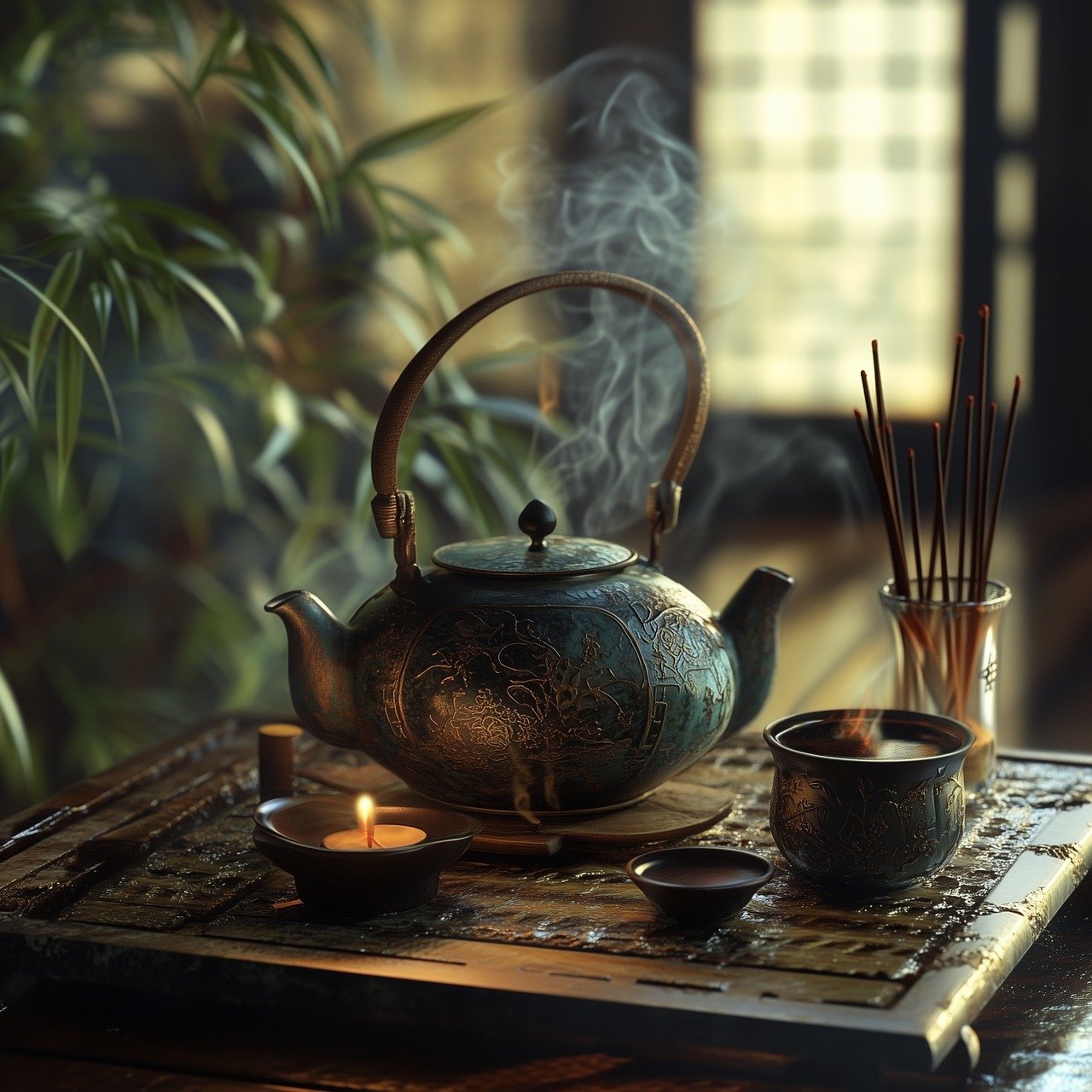
Wrapped in History: The Elegance of Vintage Kimonos
Vintage kimonos are more than clothing. They are works of art, rich with history. These pieces demand respect for their craftsmanship. To keep their beauty, they need special care.
Buying a vintage kimono connects you to Japan’s past. It’s a chance to own a symbol of Japanese elegance and culture.
Items like samurai swords, tea sets, and kimonos take us into Japan’s artistic heart. They let us enjoy and keep alive the beauty of Japanese crafts.
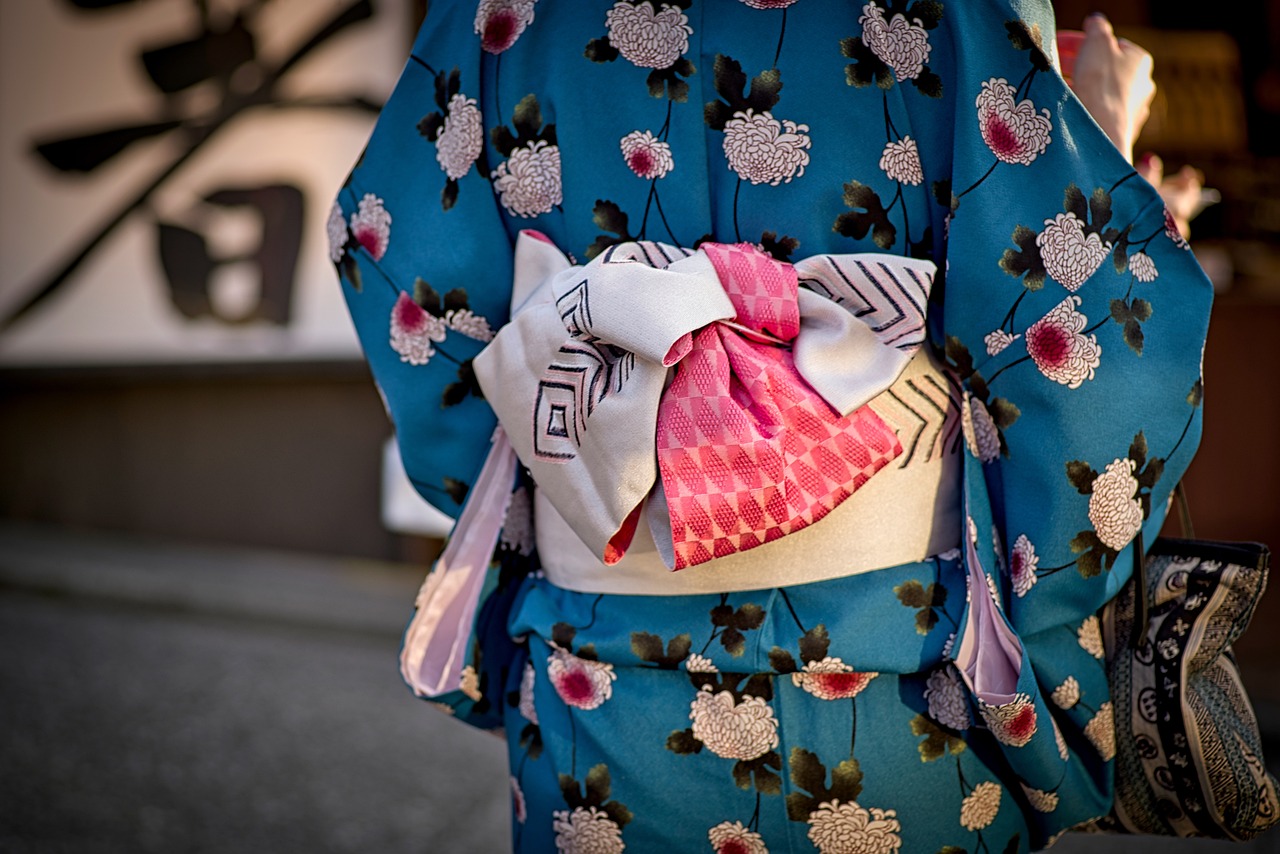
Best Souvenirs from Japan: A Shopper’s Selection
When in Japan, travelers find a wide range of souvenir shopping spots. These span from authentic Japanese stores with traditional artifacts to those selling modern items. Places like Don Quijote, LOFT, and Tokyu Hands are perfect for unique Japanese gifts.
Don Quijote offers a peek into Japanese culture through its vast product range. You can find everything from simple souvenirs to premium Japanese beauty items. For unique and handmade items, the specialty stores in Omotesando or 2k540 Aki-Oka Artisan are ideal.
- Arts and Crafts: Akihabara’s Bingoya has special crafts like pottery and fabric. Kyukyodo in Ginza is great for traditional paper and incense lovers.
- Lifestyle and Fashion: Loft and Tokyu Hands mix style with utility perfectly. They have trendy stationery and chic decor for modern tastes.
- Traditional Wares: Asakusa is rich in traditional items such as Kimonos and handmade chopsticks. It’s full of stores offering both new and vintage finds, especially during matsuri (festivals).
Daiso and Harajuku are budget-friendly for filling your suitcase. They offer cute coin purses and stylish, affordable home goods from Standard Products by Daiso. These places are renowned for their souvenir shopping in Japan, offering memorable finds that capture Japanese hospitality and artistry.
Every area, from bustling Shinjuku to historic Yanaka, has unique goods showcasing Japanese culture. They blend ultra-modern with traditional, ensuring visitors find something special from Japan.
Savoring the Flavors: Food Souvenirs with Japanese Taste
Travelers and food lovers are captivated by Japan’s tasty souvenirs. Regional Japanese Kit Kats, matcha green tea flavor snacks, and unique chocolate souvenirs are highlights. They offer a glimpse into Japan’s regional gems and famous tea culture.
Kit Kats with a Twist: Regional Flavors
Japan transforms the simple Kit Kat into something special with unique flavors. Flavors like purple sweet potato and wasabi reflect local culture. These Kit Kats are unique chocolate souvenirs, letting people take a piece of Japan’s regions home.
- Price Range for Japanese Candy including Kit Kats: 300 – 500 yen
- Special Flavors: Matcha, Wasabi, Sweet Potato, and more
Matcha Delicacies: A Taste of Japanese Green Tea
Matcha fans love the subtle taste of matcha green tea flavor treats. From cookies to matcha Kit Kats, these treats capture the essence of Japanese tea culture. They connect eaters to the tradition of the tea ceremony, offering an authentic Japanese taste.
- Price Range for Matcha Flavored Snacks: 100 – 500 yen
- Must-Try: Matcha Kit Kats, Matcha Mochi, and Matcha Tea Bags
Sake: Sipping on Japan’s Signature Beverage
Sake, the traditional rice wine, is a blend of sweet, sour, and umami tastes. Brewers sell miniatures and tasting sets, perfect for gifts or personal exploration. These carefully priced sets introduce the rich world of Japanese sake to both newbies and experts.
- Price Range for Sake Sampler Sets: Selector dependent
- Typical Souvenirs: Mini Sake Barrels, Local Brewery Samples
Food souvenirs hold a key place in celebrating Japan’s flavors. They offer food enthusiasts and travelers a way to remember Japan’s rich culinary scene.
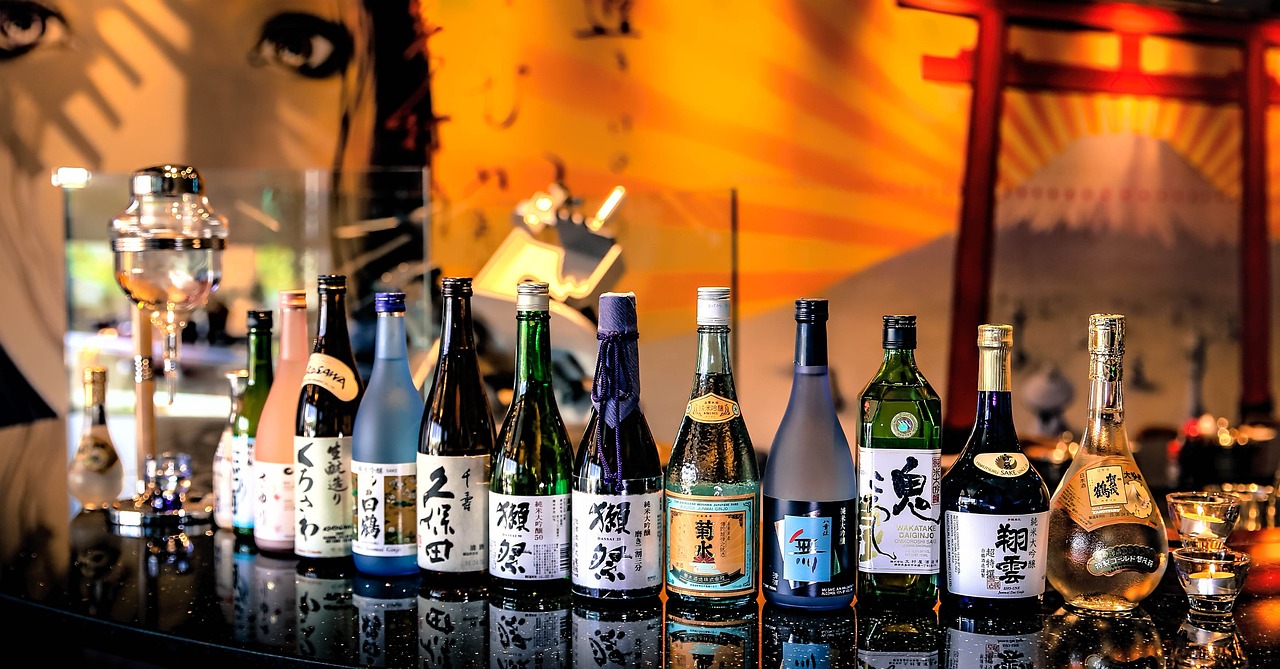
Artisanal Excellence: Handcrafted Goods Iconic to Japan
In the realm of artisanal Japanese gifts, there’s a clear passion for local craftsmanship. Each item, from Hokkaido to Okinawa, shows Japan’s deep cultural and artistic talents.
- Kyoto’s Kiyomizu Ceramics: These ceramics are known for their beautiful detail and bright colors. They carry centuries of history. Prices range from 1,500 to 10,000 yen, showing the skill involved.
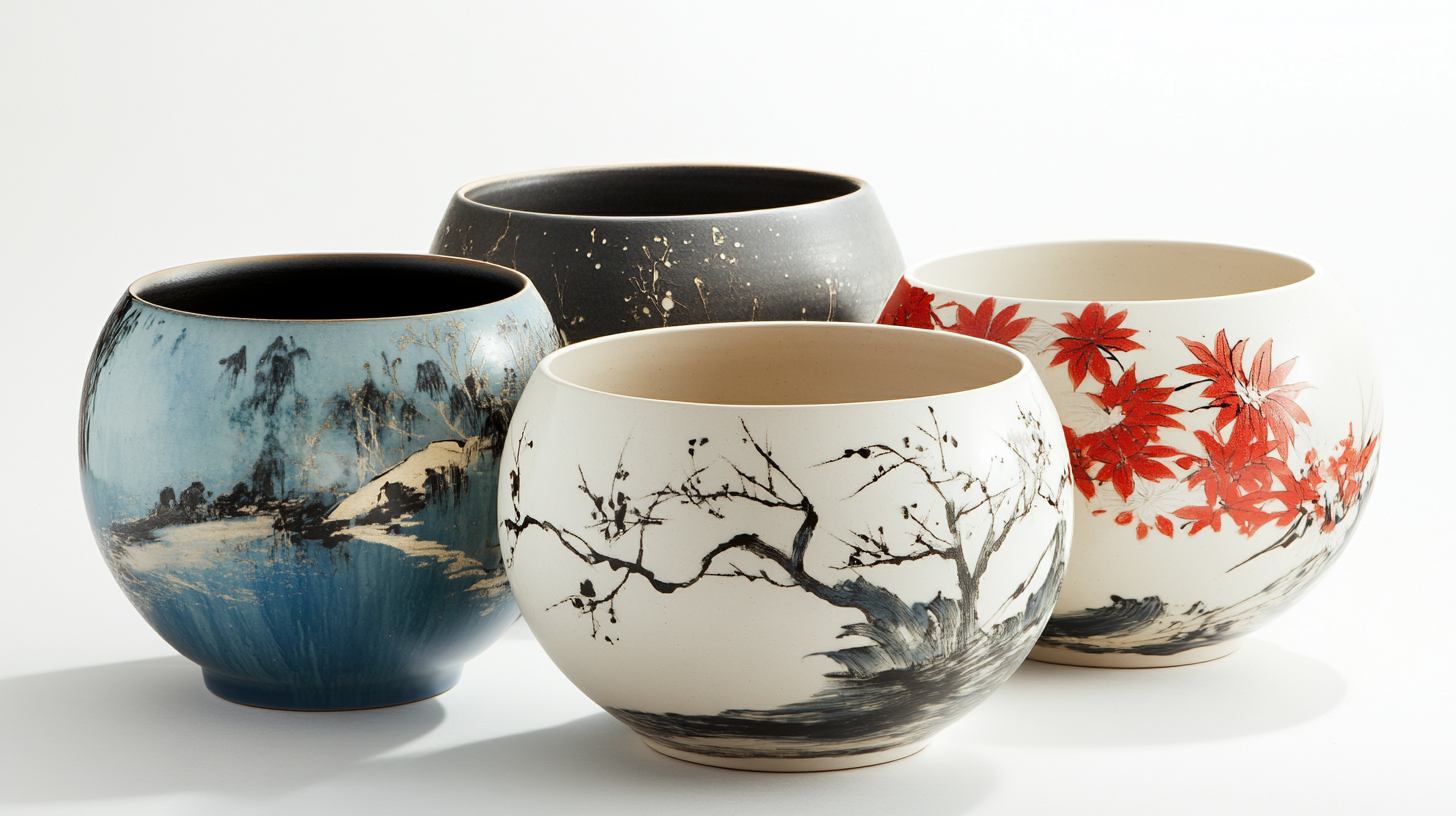
- Indigenous Ainu Crafts: These come from Hokkaido and include carved wooden figures and textiles. They tell stories of the Ainu people. You can find pieces up to 5,000 yen.
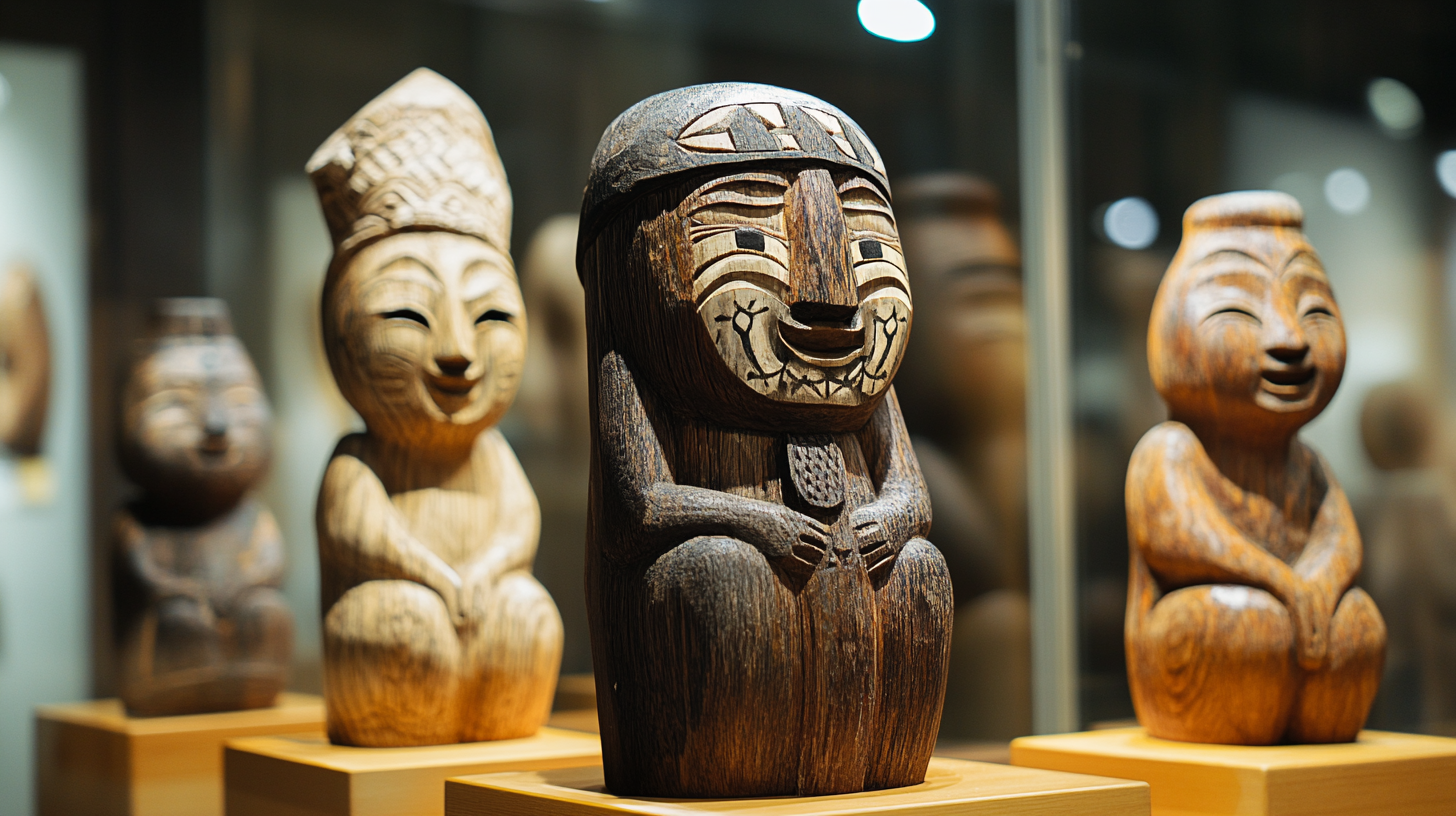
- Ryukyu Glassware: Made in Okinawa from recycled glass, these pieces are unique. They have special colors and textures. Prices vary from 1,000 to 3,000 yen, reflecting Okinawa’s nature and art.
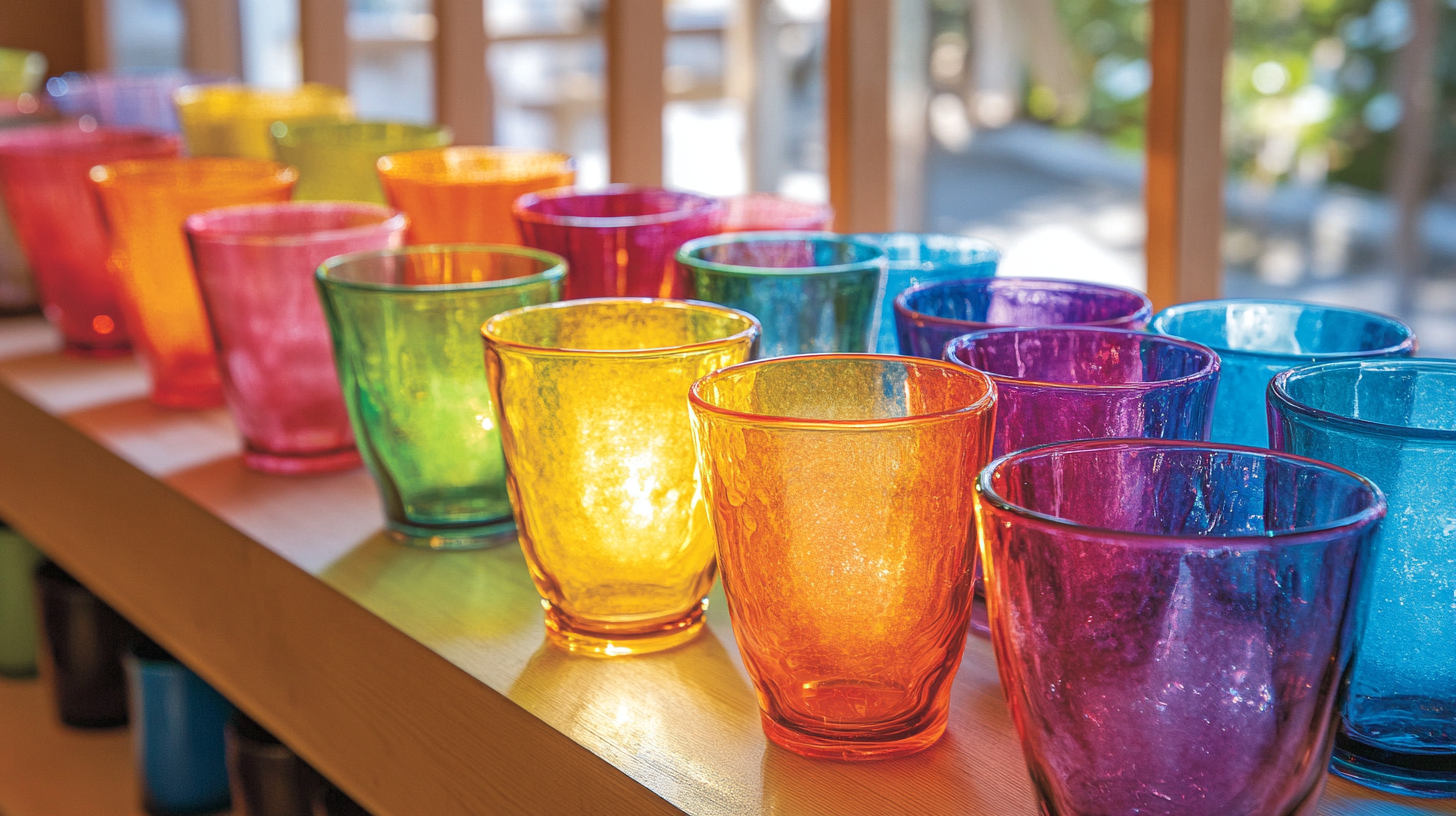
Buying Japanese handcrafted souvenirs lets you keep a part of Japan with you. It also helps the artisans and communities there. Each item, from simple to complex, shares a piece of Japan’s rich culture.
Entering this colorful market, you’ll see a wide price range. Items start at 100 yen and can go over 10,000 yen. This means everyone can enjoy these artisanal Japanese gifts, regardless of budget.
Embrace Regional Charm: Discover Local Specialties
Dive into the heart of Japanese culture with local specialties. Find unique crafts like Kyoto pottery and Okinawa’s glasswork. Each region in Japan has its own traditions. These works of art are special reminders of the culture and craftsmanship.
Kyoto’s Kiyomizu Ceramics: Pottery with a Past
Kiyomizu ceramics are famous for their hand-painted designs. They are deeply connected to Kyoto’s history. Known for representing traditional Japanese ceramics, these pieces are a testament to generations of skill.
When in Kyoto, pottery fans and collectors should get a piece of Kiyomizu ware. It’s a beautiful piece of Japanese heritage and skill.
Ainu Artistry: Hokkaido’s Cultural Crafts
In Hokkaido, you can see the Ainu culture. The Ainu are the island’s original people. Their crafts use natural materials like birch bark to make amazing designs.
These works aren’t just beautiful. They’re full of cultural meaning. They make thoughtful gifts and can enhance any art collection.
Ryukyu Glassworks: Okinawa’s Shimmering Souvenirs
Okinawa’s Ryukyu glass is known for its bright colors and unique shapes. It captures the essence of the tropical region. Each glass piece is handmade, making every item one-of-a-kind.
Ryukyu glass is ideal for anyone wanting to add Okinawa’s beauty to their home.
Discovering these local crafts lets you see Japan’s cultural diversity. These items are more than just keepsakes. Whether it’s Kyoto pottery or Ryukyu glass, these crafts connect you to Japan’s art and soul.
Conclusion
Traveling in Japan is an adventure that awakens all your senses. The things you bring back are more than just items. They are memories from your trip. For example, ceremonial matcha treats are not just food. They are made with care, showing the beauty of Japan’s food traditions.
Kyoto Sweetsbox stands out by offering over 20 different treats. This shows the vast choices available for edible souvenirs. Travelers love having many options.
In Japan, souvenirs are more than what meets the eye. Take samurai swords, they are made with great skill. Or consider the history behind a vintage kimono. These items tell the story of Japan’s soul.
A Samurai sword’s rich look reflects Japan’s past. Meanwhile, yatsuhashi sweets share Kyoto’s sweet legacy. The guide “10 Best Souvenirs from Japan – Ultimate Shopping Guide” has been shared over 3.3K times. It shows people’s interest in keeping a piece of Japanese culture.
Japan offers unique finds, like Kokeshi and Daruma dolls, and various teas from shops like Ippodo and Fukujuen. Discovering these items brings joy. It’s not just about buying things. It’s about experiencing Japan’s rich culture.
Whether it’s Ukiyo-e prints, special ceramics, or artisanal chopsticks, shopping in Japan is special. You’re taking home a part of Japan’s unique beauty. And it’s a beauty that stays with you, long after your journey ends.
